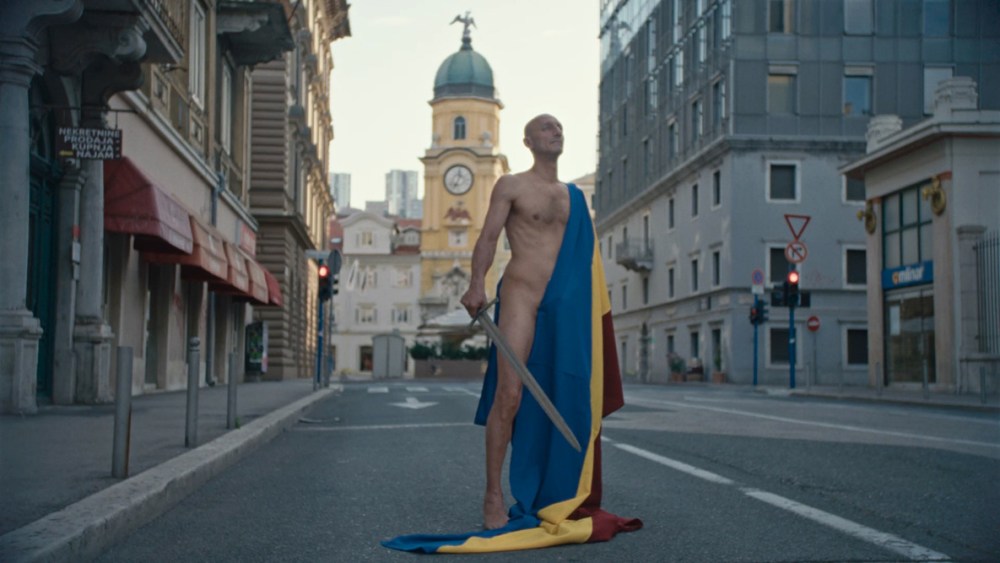Fiume o Morte!, directed by Igor Bezinovic, won Best Picture, Best Director, and Best Screenplay at the 1st Adriatic Film and Television Awards. The ceremony took place in Porto Montenegro, Tivat, Montenegro.
The Best Actress award went to Hala Sofija Ostan for “Kai Tije Deklica” directed by Urszka Dzukic. Leon Rutiev won the Best Actor award for his role in Mladen Djordjevic’s The Working Class Goes to Hell.
The Rising Star Award went to Lidija Kordić for her performance in The Working Class Goes to Hell. The award for best debut film went to Urszka Dzukic’s “Kaj ti je deklica.”
In the television category, “Operation Saber,” created by Vladimir Tagic and Goran Stanković, won the award for best television series. Milica Gojkovic won Best Actress in a Series and Dragan Mičanovic won Best Actor in a Series, both for their roles in Operation Saber.
The winners were selected by an expert jury of more than 550 members of the now established Adriatic Film and Television Academy, which brings together experts from across the Adriatic region. The Academy was founded by members of the Adriatic region festival network, including the Sarajevo Film Festival, the Autor Film Festival in Belgrade and the Zagreb Film Festival.
Mirsad Privatra, Chairman of the AFA Committee, said: “The first edition of the Adriatic Film Awards is everything we have dreamed and planned for years. We celebrate the creativity of the whole region and hope that this will be a form of further recognition for directors and actors.”
Sarajevo Film Festival Director Jovan Marjanovic said: “This is more than just an awards ceremony. It is a place for continuous dialogue, knowledge exchange and intergenerational solidarity. It is a place where experienced filmmakers and producers pave the way for newcomers, where learning and sharing takes place and where the whole region is recognized for who it is. It is one of the most vibrant and creative film spaces in Europe.”
Zagreb Film Festival Director Boris T. Matic said: “Most of the nominated films are the result of co-productions between our countries, and that cooperation is the strength of this project. Together with the Academy that will be established, these awards will help to further strengthen the ties between our creators, writers and producers and increase our visibility in the international market.”
Igor Stanković, director of Belgrade’s Writers’ Film Festival, described the AFA Prize as “a bridge between different types of poetry: poems that originate from small works of writers and poems that have already resonated throughout the region.”
“It is precisely this diversity that will be the key identity of this project. I believe that through future co-productions and collaborations, a new era of collaborative filmmaking will emerge and that the AFA Awards will protect and promote creative freedom and the courage of artistic expression,” Stanković said.

